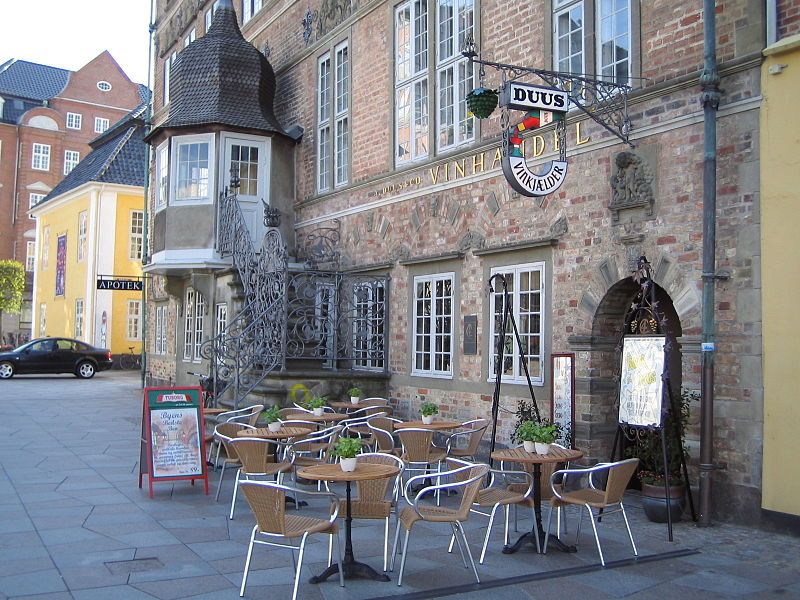HORESTA, the interest organisation for the hotel and restaurant industry, has described the new reopening regulations as a joke.
From April 21, restaurants will be able to open for outdoor dining, and then from May 6 be able to serve indoors.
However, on top of the requirement that diners must present a corona pass, there is an extra snag: indoors, the health authorities recommend that diners must have a minimum of 7.5 sqm each.
According to HORESTA, this requirement needs to be reduced – hugely.
Cut the requirement by 70 percent!
HORESTA’s political director, Kirsten Munck, tells BT that the requirement needs to be cut to just 2 sqm before “it makes sense to open” – the same requirement that was needed to reopen during the summer of 2020, along with 4 sqm for standing guests.
“Preferably the area requirements should be completely removed,” she said. “We are pushing the government, so hopefully it will happen.”
Philip Lundsgaard, a restaurateur who runs bistros in Rungsted and Copenhagen, concurred.
“There are no restaurants that are going to open with those area requirements,” he told BT. “I would not be able to turn over what it costs to employ my staff. It is a physical impossibility. This is ruining the restaurant business; it’s a complete hole in the head.”
Hope for change, but what about the rain?
In an email sent to BT, the responsible Ministry of Business Affairs concedes there is room for leeway, so there is hope the regulations might be altered before the restaurants can reopen.
“It may be noted that the facts in connection with the reopening of the industry will be discussed in the sector partnership for restaurants and cafes prior to their reopening,” it stated.
However, restaurateurs claim the requirement is not the only problem. Firstly, diners will need a corona pass – a problem as the industry generally acknowledges that 60 percent of all such visits are spontaneous.
Secondly, outdoor dining in mid-April is hardly enticing. The average temperature is barely 8 degrees.
“And if it starts to rain – as it often does in Denmark – the guests are not allowed to go inside. No, much better to stay shut down,” added Lundsgaard.














